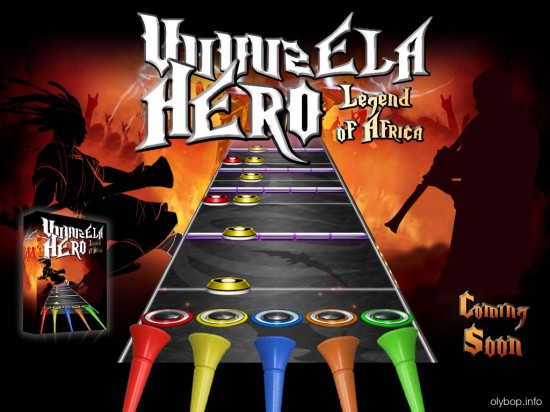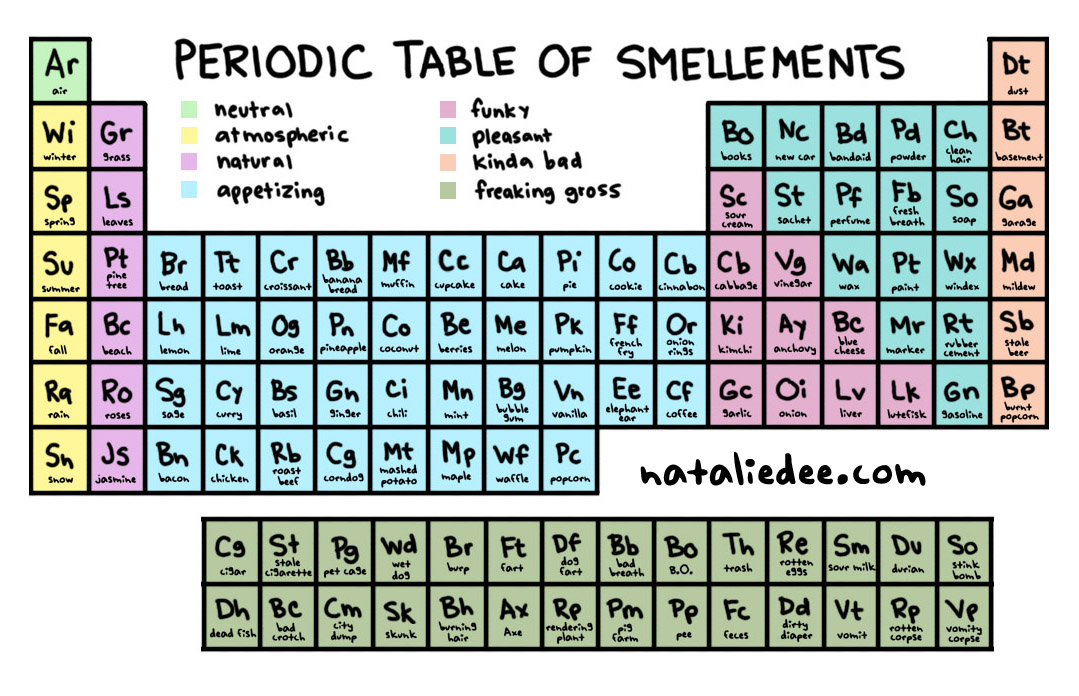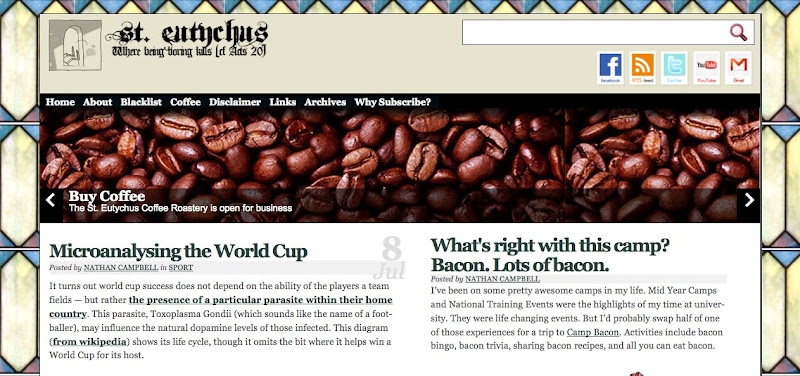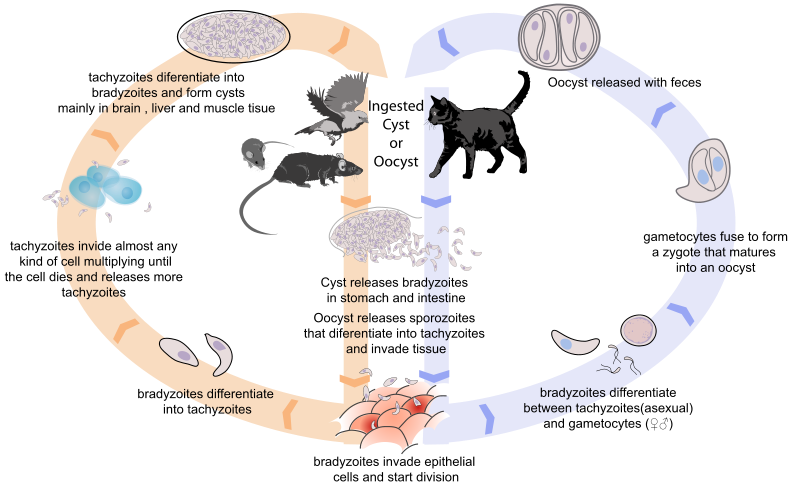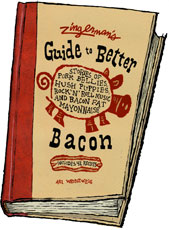If there’s one thing I love about our new atheist friends it’s that they’re so open minded and freethinking. They really strive to get to the bottom of different points of view, while considering the “evidence.” They definitely don’t want to censor ideas they disagree with – because myopia is exactly what they accuse us blinkered theists of suffering from.
True freethinkers should surely be encouraging their children to participate in religious discourse – even if it’s being promoted by people from philosophically divergent points. That is, of course, what freethinking looks like. Participation in the marketplace of ideas without regulation or constraint. Free thinking should be to ideas what the free market is to the economy – the unrestrained ability to find a product, or position, that you believe is best.
Which is why I’m happy to present the latest tool in the atheist toolkit – GodBlock – don’t let your children stumble across God on the Internet lest their judgment become clouded (or indeed lest they become “indoctrinated” – the side effects of which are greater than any immunisation).

Here’s why GodBlock exists:
“In the last century, the United States has seen a resurgence of fundamentalist religion. Fundamentalist Evangelicals, Mormons, Baptists, Muslims, and Jews have held back progress in science, human rights, civil rights, and protecting our environment. How can we reverse this trend and join the rest of the world in the gradual secularization of society and government?
Most deeply religious people are born into their religion, but even children raised in a secular household are vulnerable to content on the web. That’s why we’ve produced GodBlock. GodBlock is a web filter that blocks religious content. It is targeted at parents and schools who wish to protect their kids from the often violent, sexual, and psychologically harmful material in many holy texts, and from being indoctrinated into any religion before they are of the age to make such decisions.”
Yes, on no account must we allow people to think for themselves. If the Bible (or other texts) are so inherently harmful and violent then surely good atheist parents will be able to talk through the issue with their children in order to guide them on paths of righteousness…


